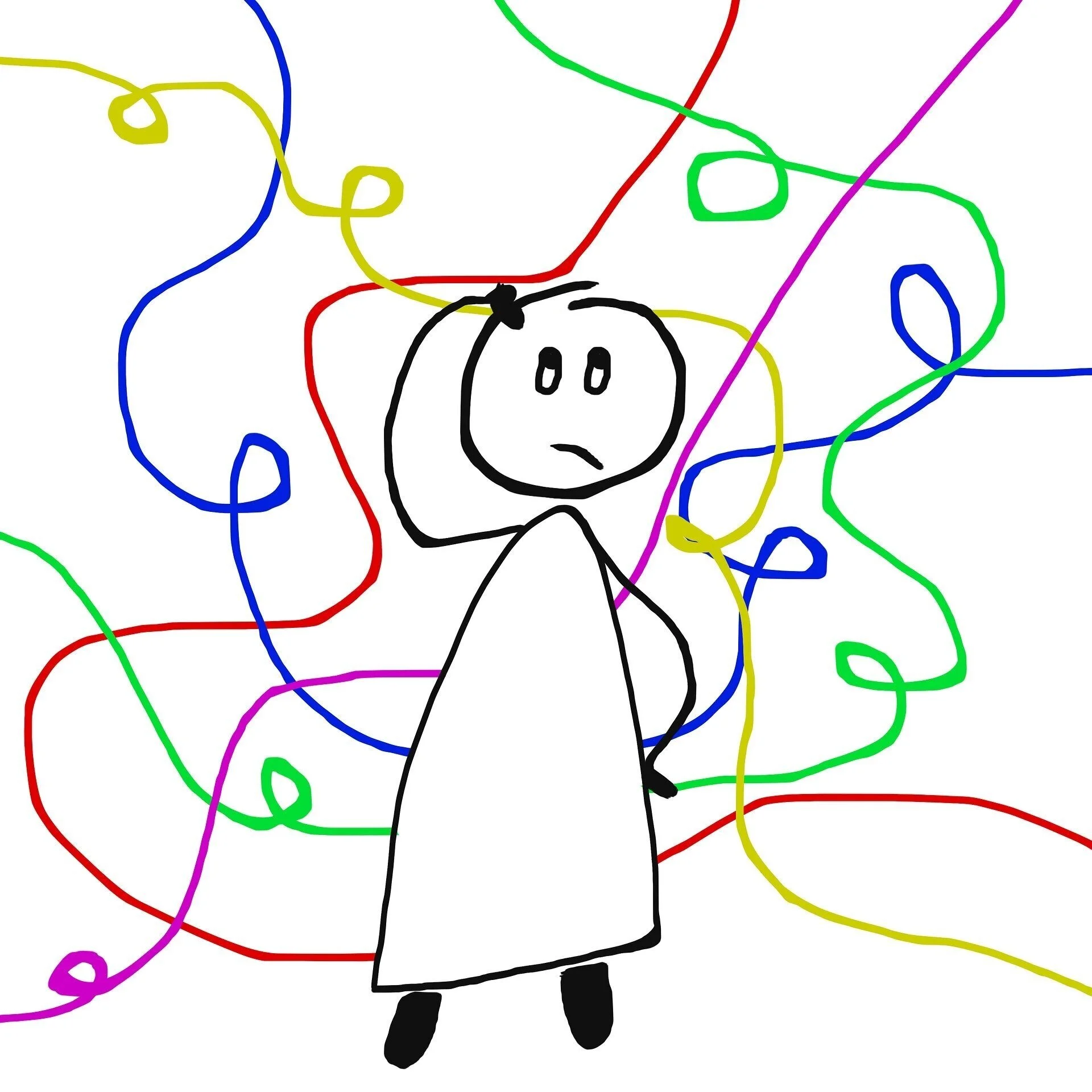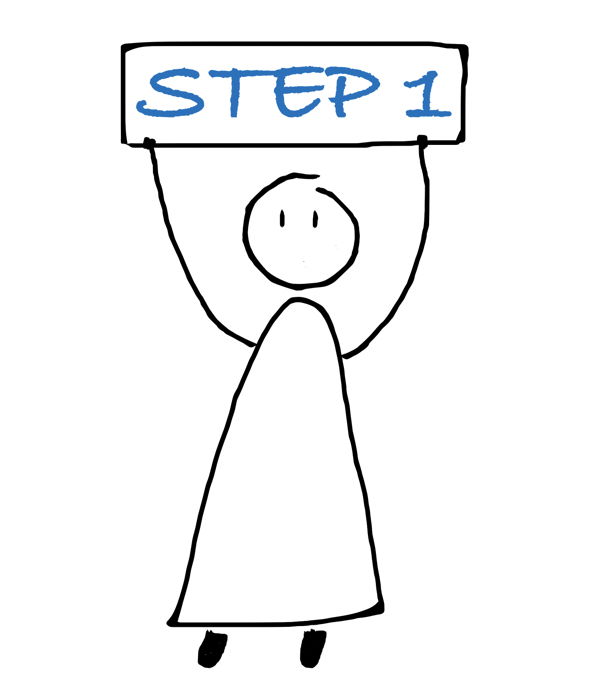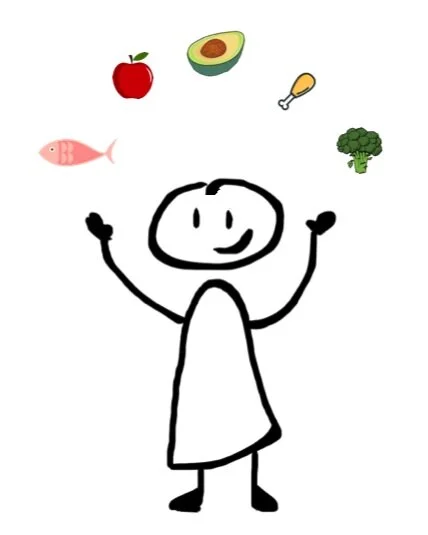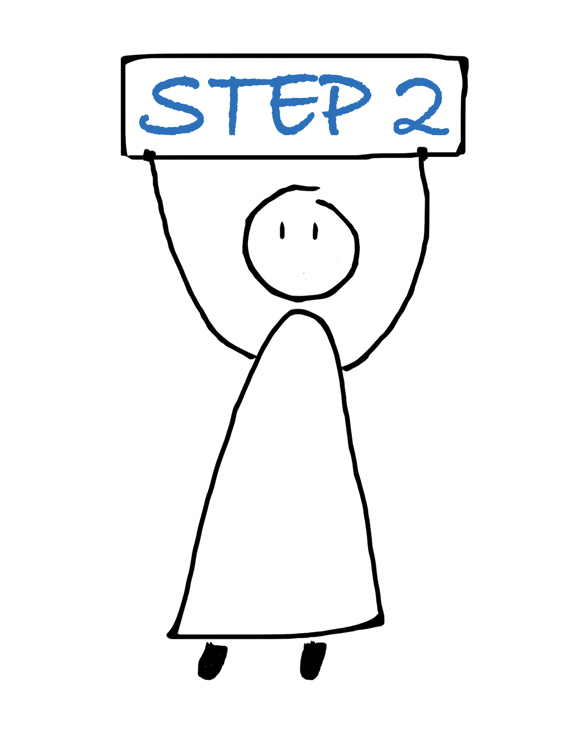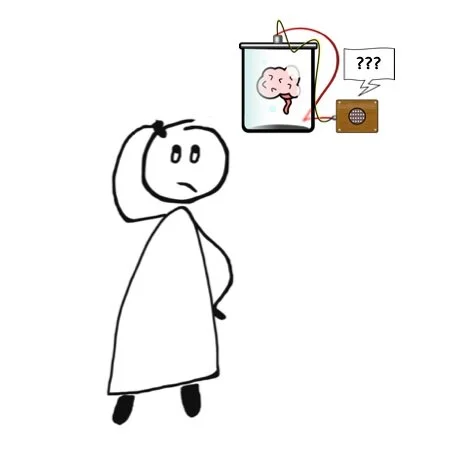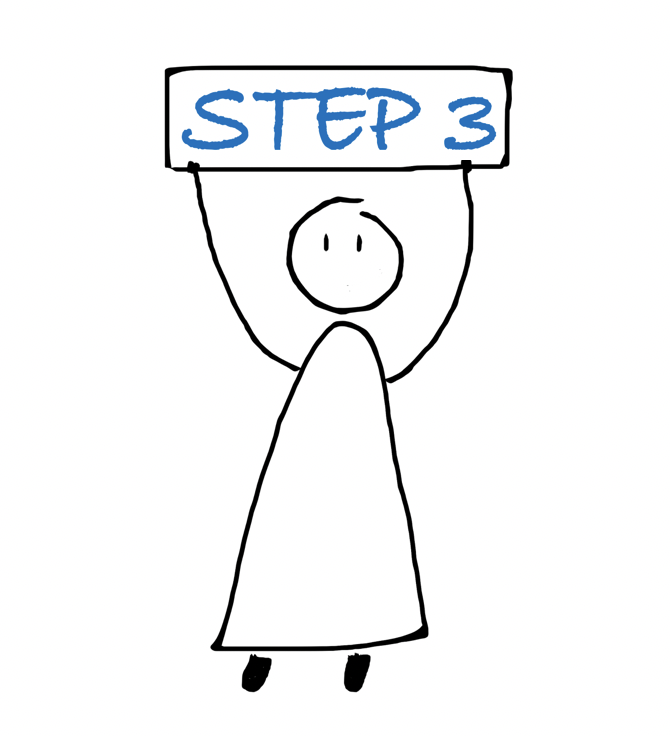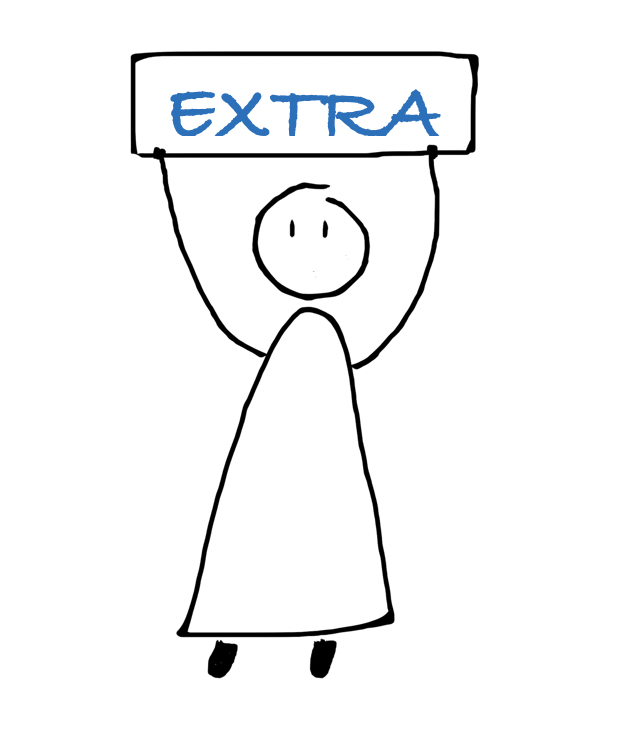Are you struggling with Anxiety?
While you can really start anywhere - below are the experiments we suggest people explore when looking to manage anxiety.
This material is provided for educational and informational purposes only. As Dr. Allott is also a licensed medical practitioner, we must make it clear that none of the products are intended to constitute medical advice, consultation, recommendation, diagnosis, or treatment. If you are concerned about your health, please seek appropriate care in your area.
Three Days of Protein Experiment
Protein stabilizes the brain’s fuel supply!
Protein (with carbs) at every meal
Protein snacks between meals
Protein snack before bed
The reason adding protein throughout the day is to that it helps stabilize blood glucose, which reduces adrenalin, and relieve your body of the need to make its own fuel (glucose).
Downloadable Tools
TIP: Find a way to track your protein intake over the 3-days. It doesn’t have to be a fancy system, a simple piece of paper or notes in your phone will do. It’s more about externalizing the experiment so you don’t have to try to keep it all in your head
Rule out Physiological Causes
Get lab work done
You can use this template letter & ask your health care provider for blood work to help differentiate nutrient deficits from anxiety
It’s also important to talk with your health care providers about brain-body challenges, such as:
chronic disease (diabetes, irritable bowel syndrome, digestive problems, etc.)
nutritional deficiencies
skin conditions (eczema, psoriasis)
traumatic brain injuries
de-conditioning (minimal physical movement)
excessive use of substances or screen time
Add small amounts of movement
Start moving your body
Start with 30-second movement practices (Power-Ups)
Work up to 10 minutes of easy walking (or other movement)
Sprinkle bits of movement throughout our day
Find a therapist
The best form of treatment for anxiety is therapy.
Psychology Today is a website that can help you find a therapist in your area and on your insurance. If you’re depressed, please reach out today.
For people who are connected to anxious people
One of the hardest moments as a Connector is when you are sitting with your client or friend and think, “You need help, and I don’t have the skills/time/desire to help you.” This booklet provides guidance on how to make referrals.

